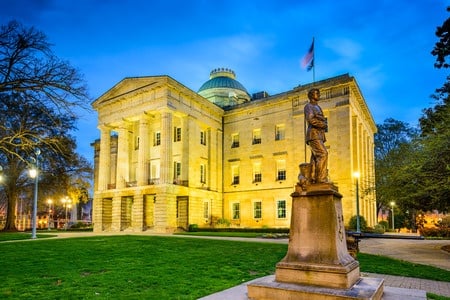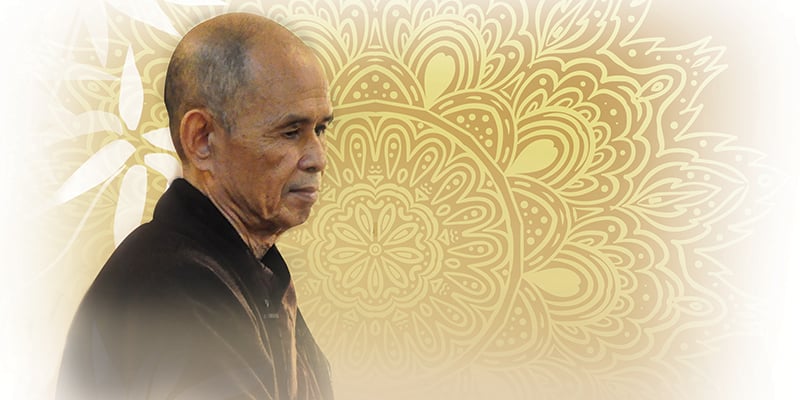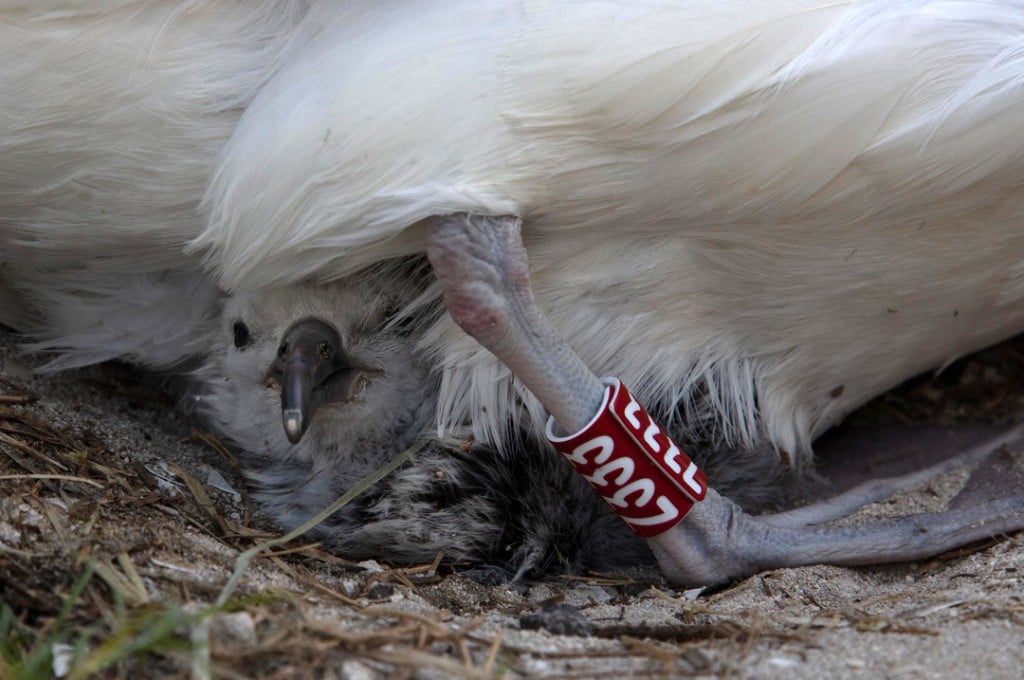Why We Pledged 1% Of Our Home Sale Price To A Native Tribe
Invitation to attend the Native Land Reparation Pledge planning session in Plymouth, MA.
The history of American colonization is marked by displacement, marginalization, and dispossession of indigenous communities. The lands on which our homes are built were forcibly taken from native tribes without their consent or fair compensation. Acknowledging this injustice and supporting indigenous land rights is crucial for promoting reconciliation and social equity.
The Native Land Reparation Pledge represents a morally significant and important opportunity to address historical injustices and promote social justice. By pledging 1% of the sale price of our homes to the native tribe on whose land they are located, we can actively participate in rectifying the inequalities and disparities faced by indigenous communities.
Signing the Native Land Reparation Pledge serves as a practical means to address wealth, social service and health care disparities between indigenous communities and the wider society. Indigenous peoples have long experienced economic disadvantages, including limited access to healthcare, social service resources, education, and employment opportunities. By committing 1% of the sale price of our homes, we can contribute to initiatives aimed at empowering and uplifting indigenous communities.
Making the decision to pledge 1% of the sale price of our home when sold in the future is based on our coming to terms with the awareness that:
- The land we live on embodies the spirit of the Mashpee Wampanoag Tribe.
- Members of the tribe who thrived on this land for 12,000 years were nearly exterminated by advancing European settlers.
- The indigenous people treated the land as sacred and as their relatives (the water, the air, the soil, the animals), not as expendable commodities for profit.
- The inherent spiritual value of the land our home sits on is increased immeasurably once it is understood that it belongs to Mother Earth.
- The result of settler colonization has led to subjugation and poverty for indigenous people.
- The displacement of native tribes has led to high suicide and addiction rates among its youth.
- The marginalization of indigenous people has left many dispirited, dejected, and strangers in their own land.
- The concept of monetary ownership of one’s property blinds us to our moral obligation to share with those whose ancestors were once stewards of the land we live on.
We made this pledge with a sense of duty that comes with taking to heart the points of awareness listed above (the complete list is endless). What is clear is that if we were to resist the calling to take this action, we would not be able to live with ourselves.
The Native Land Reparation Pledge reflects a commitment to the common good, recognizing the inherent dignity and rights of indigenous peoples. It acknowledges the past wrongs committed against native tribes and demonstrates a genuine desire for justice and restoration. This act of solidarity can contribute to healing collective wounds, building bridges, and fostering a more inclusive and equitable society.
You are cordially invited to a planning session to discuss the Native Land Reparation Pledge.
This session will be held at The Peace Abbey Foundation Office located at 8 Town Square, Plymouth, MA.
Date: Friday, March 1st
Time: 10 AM
(Free parking in lower lot next to church.)
We encourage participation from:
- Representatives of Indigenous Communities
- Activists
- Clergy
- Community Members
- Real Estate Professionals
- Homeowners
This is an opportunity to come together, share ideas, and collaborate on ways to move forward with spreading the word about the Pledge in a spirit of justice and reparations.
Please RSVP to lewismranda@gmail.com to confirm your attendance. Feel free to forward this invitation to interested parties.
Lewis and Meg McGuire Randa, founders of the Peace Abbey Foundation, make their home in Duxbury, Massachusetts, Mashpee Wampanoag Territory. Visit www.peaceabbey.org/reparation/











